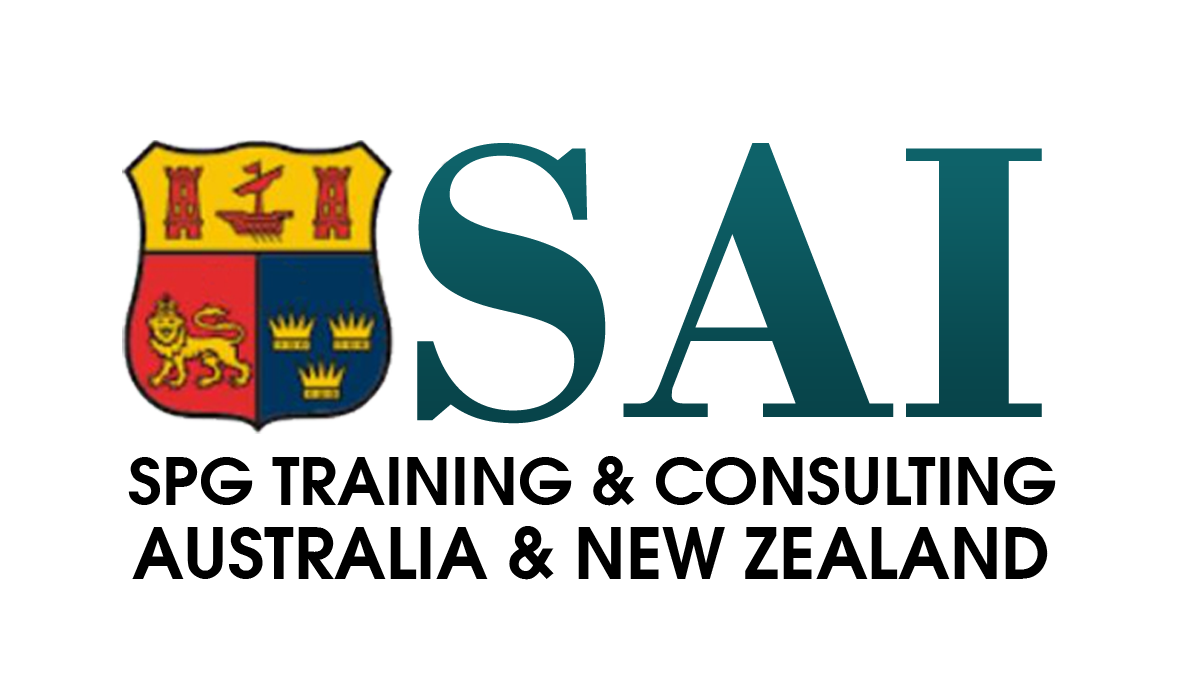Quality in its classic definition is a degree of excellence. We seek quality in everything, from the food we eat to the air we breathe and the products we consume and use. In fact in this environment of competition it is quality that sets products and services apart from others. This also extends to software projects that are getting more intense and volatile and pan geographical. The primary reason to ensure software quality is customer satisfaction. Giving the customer an error free software will help gain their trust and build the reputation of your organization.
Quality Management
Inquire Now?
Quality ManagementTraining's Information
- Understand the key concepts of quality management
- Understand how guiding principles can help an organization adopt and adapt qiality management
- Understand the four dimensions of quality management
- Know the purpose and key terms of Six Sigma
- Understand Six Sigma
- Complete knowledge and understanding of total quality management and its importance to an organisation
- Increased skill, confidence and experience to partake in establishing a quality management system within the organisation for ensuring standard quality delivered by all departments
- Increased skill and experience to audit current systems to check for gaps in quality management and delivery, and devise corrective actions and implement systems to handle these
- Increased confidence and knowledge to train other employees on quality management
- Greater skillset and capabilities to play an important part in influencing organisational success by successfully implementing total quality management systems focused on the customer and employee, thus resulting in increased customer and employee satisfaction
- Increased understanding and experience to work with advanced tools and techniques to implement quality management
- Better skillset and capabilities to successfully undertake responsibilities in any organisation or industry, thus increasing scope and avenues for career growth and progression
- Operations managers responsible for managing projects and operations within the organisation
- Quality managers responsible for ensuring adherence to quality standards in terms of operations as well as product and/or service delivery
- Human resource professionals and other stakeholders involved in building a quality-sensitive culture
- Senior leaders of an organisation who need to understand the importance of training employees on total quality management
- Internal and external auditors who need to ensure that the systems set up for quality management are delivering the desired results
- Any other professional who would like to know more about total quality management
None
This course is a solid foundation for middle and senior managers to understand how to leverage the power of Digital Marketing to build brand and grow sales.
Why choose SAI Learning & Consultancy Solutions?
Best Price in the Industry
You won’t find better value in the marketplace. If you do find a lower price, we will beat it.
Waht is ISO/IEC 20000?
ISO/IEC 20000 is the international standard for IT service management and allows organizations to prove best practice in their IT management.
ISO/IEC 20000 was released in 2005 based on the ITIL® best practice framework and updated in 2011. Worldwide, the adoption of ISO/IEC20000 has grown rapidly and it has become a competitive differentiator for delivery of IT services.
ISO/IEC 20000 can be used:
- By businesses that are going out to tender for their services
- To provide a consistent approach by all service providers in a supply chain
- To benchmark IT service management
- As the basis for an independent assessment
- To demonstrate the ability to meet customer requirements
- To improve services
Are there any prerequisites for the ISO/IEC 20000 examinations?
The Foundation is the first of the ISO/IEC 20000 examinations you are required to pass to become an ISO/IEC 20000 Practitioner. Though not a mandatory requirement, passing the Foundation examination prior to taking the ISO/IEC 20000




